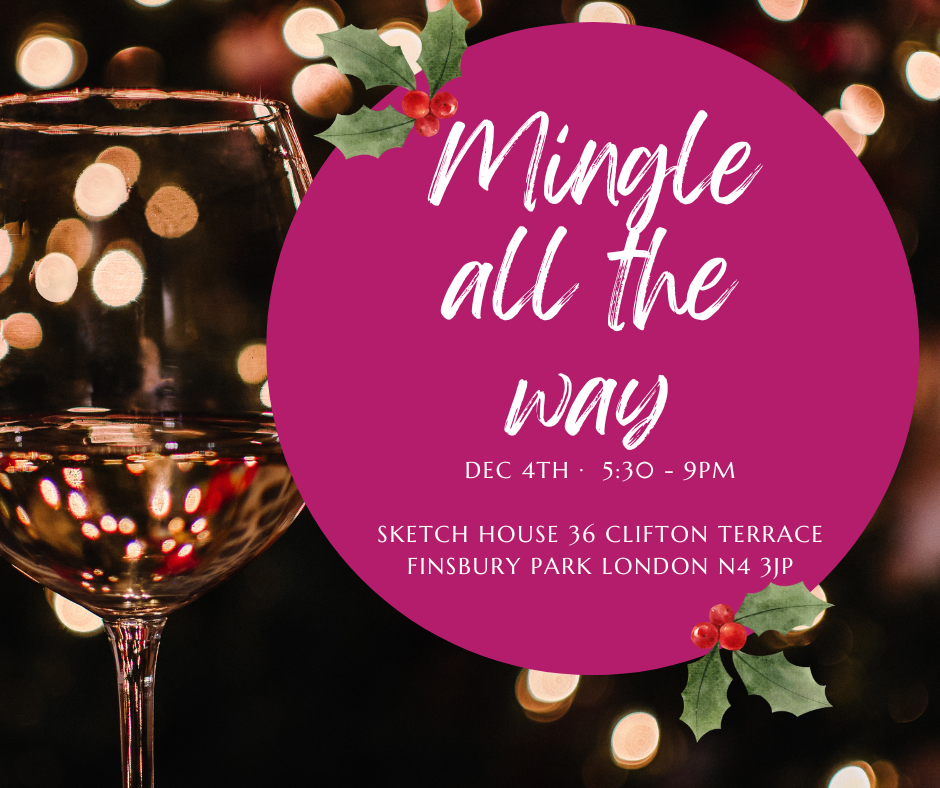
The question:
Hey,
I’m struggling with being newly diagnosed with ADHD in my mid 30’s. I’m very confident, sociable and achieve well at work too. The area I struggle with is in relationships. I have had people cheat on me, I get bored easily so seek people who are as crazy and fun-loving as me and find dating apps just the worst! The chat is so boring and every time I don’t like someone, I think it must be my fault – why can’t I accept having a normal middle-of-the-road kind of relationship?
The other thing that is worrying me is medication for my ADHD. I like who I am; I like my carefree nature and have real sadness about losing that. Who am I underneath, after the medication suppresses the ADHD? I’m also in therapy at the moment to help adjust to my new diagnosis.
Thanks for your time,
Amy
The answer:
Hello Amy,
Not everybody wants the norm…and in today’s world, we’re able to be freer in our choices of how we date, co-habit, and make a family. Particularly with more people being diagnosed or identifying as neurodivergent in their 30’s and 40’s this can help explain why they maybe haven’t felt like they’ve wanted or enjoyed the ‘mainstream’ kind of relationship.
Surely, we can’t all be cut out to fulfil society’s doctrine of monogamy and 2.4 children. So cut yourself some slack, you’re not strange or awkward to not find this vision appealing, or doable, for you. Own it and be confident about the type of person and relationship you’re wanting – and then hopefully you’ll attract like minded people.
With regard to losing your carefree nature – I can understand that fear of loss. I think any kind of therapy, understanding oneself, healing etc can all feel scary because we only know what we know. Who will we be on the other side? That’s a legitimate concern. However, the medication (and therapy) will help you identify behaviours that don’t work for you now, or that create more chaos, and you can find suitable strategies to manage these. If the medication helps take the edge off, it doesn’t mean it will take away your personality – you’ll probably find it just helps you cope, organise, think more easily.
Hopefully alleviating stresses in your life. It won’t eradicate ‘Amy’. As you adapt, picking and choosing the traits that you’d like to keep that work for you, and letting go of those that don’t serve you well, people may think you’re behaving differently and therefore be slightly different with you too. That’s normal, you’re no longer playing the role in a game they’re used to you playing. Overtime, you will reassert your boundaries and they will respect this.
It’s a process, but you will only ever be a more enhanced version of you. Remember it is all within your control too – whether you stop meds, do more or less therapy, choose to let people know you’re on a new pathway etc.
Good luck!!
Zoe
Want to read more about disability, love, sex and everything in between? Of course, you do! Why not visit our page with more Love Lounge questions









